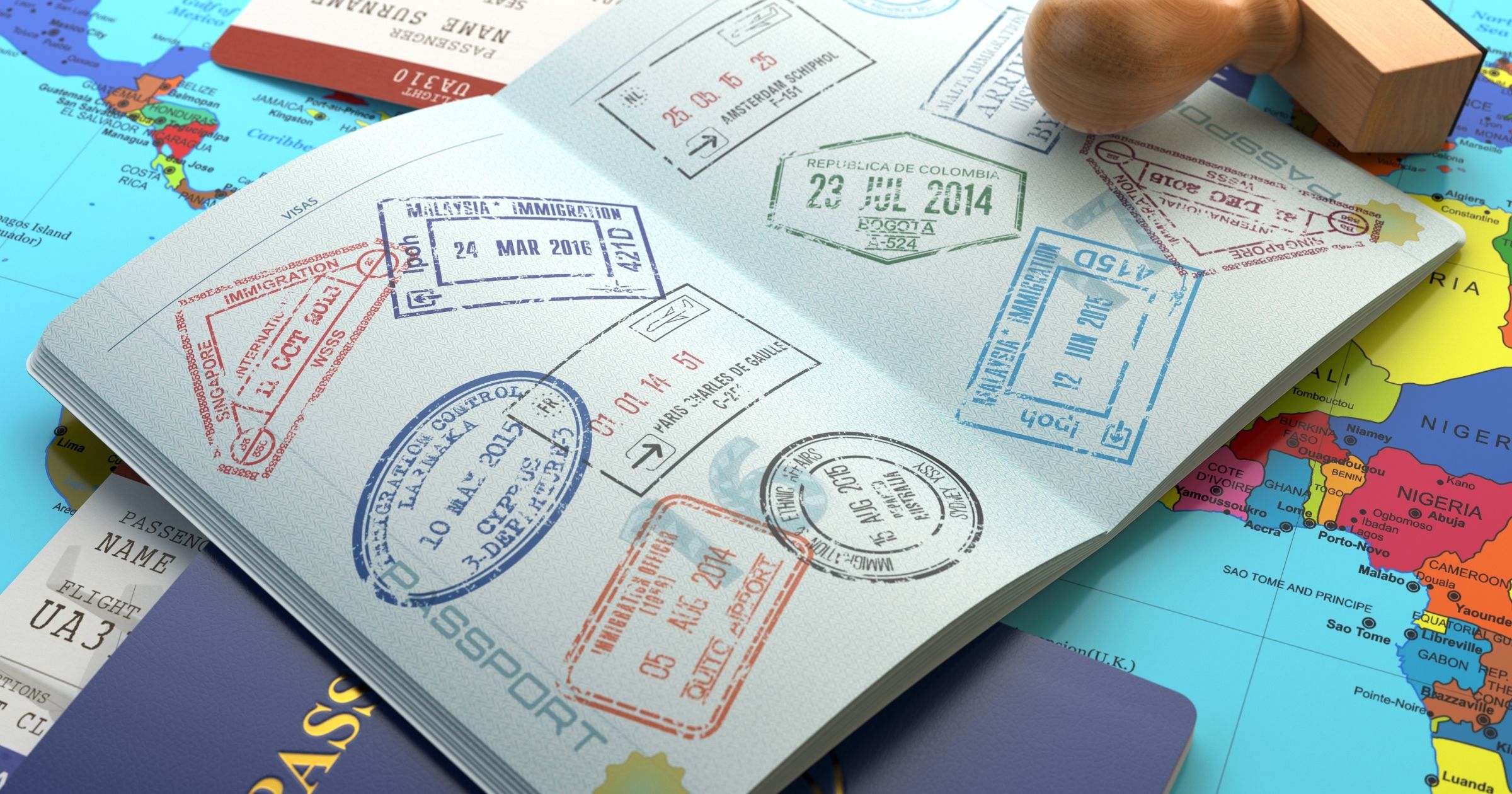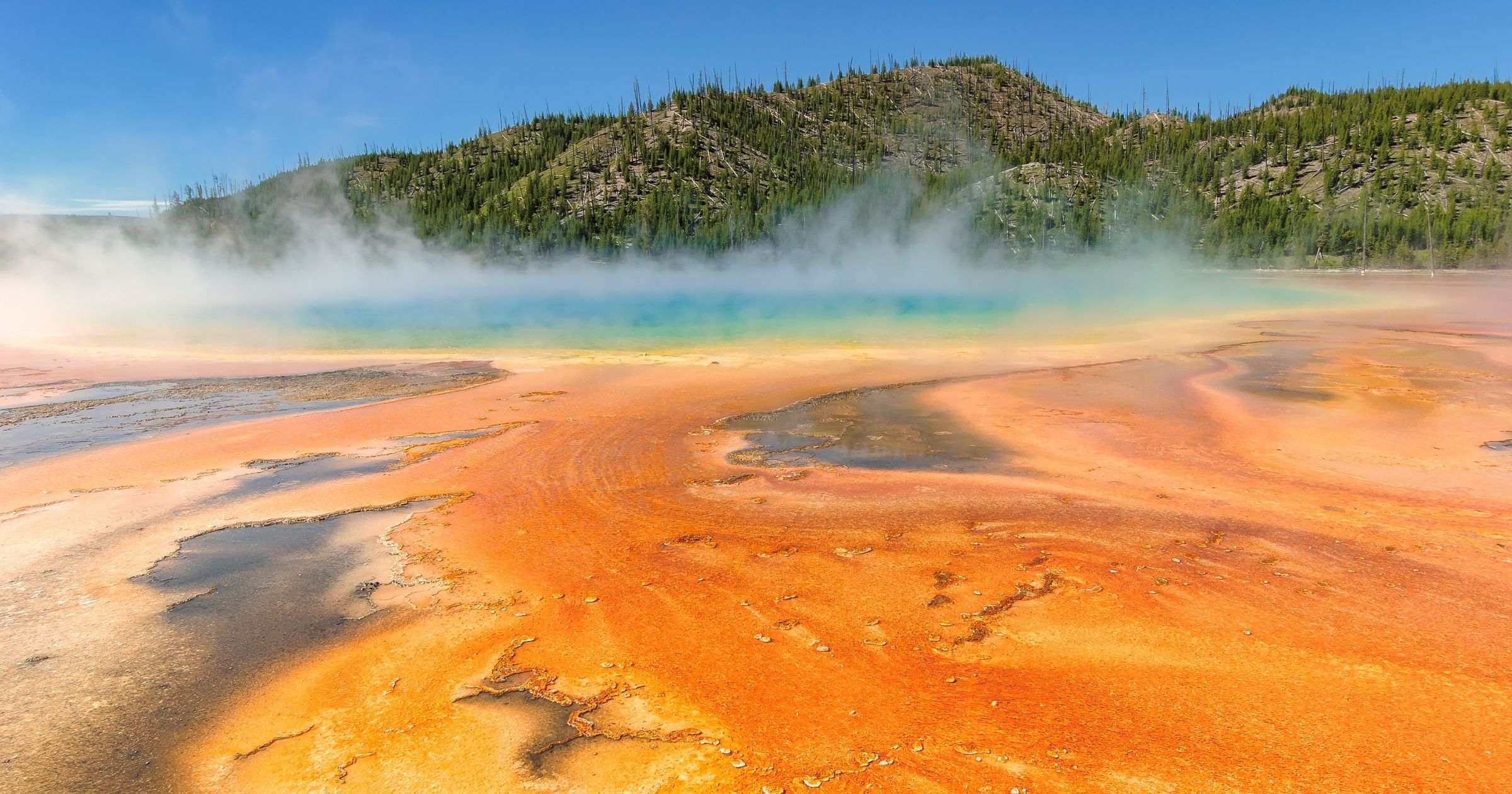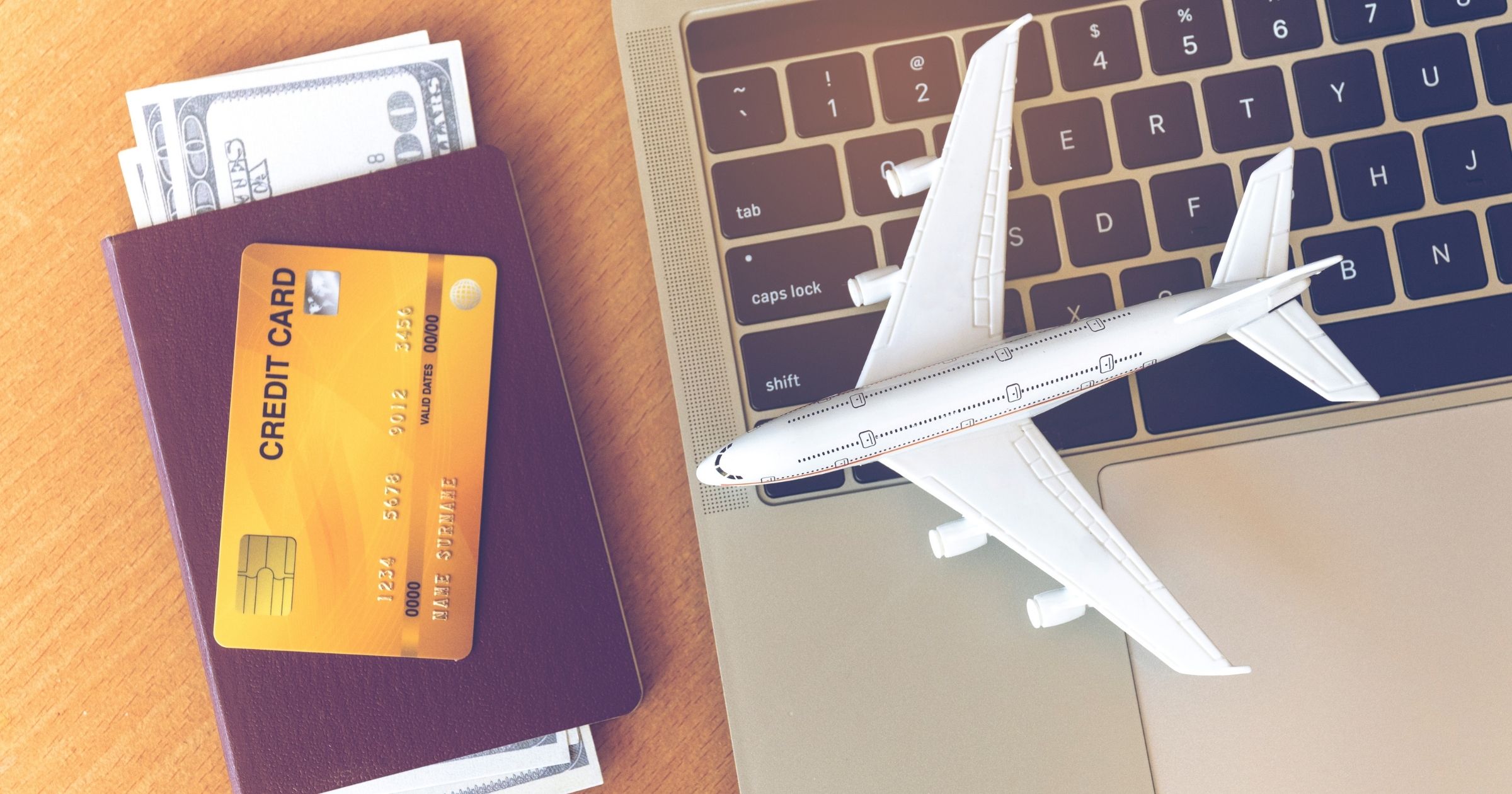
A Little Prevention Goes A Long Way: Travel Safety
You can never lend too much consideration to safety—especially when it comes to mapping out and embarking on your group's next adventure.
Whether you're new to group travel or have hit the road hundreds of times, follow these tips and guidelines to stay informed, healthy and safe.
Peter Pantuso, CTIS, president and CEO of the American Bus Association, notes it's important to do your research by figuratively "looking under the hood" to ensure federal and state requirements are met.
"It's always the things you don't see, like how companies service, train and maintain," said Pantuso, adding that having a plan B is vital. "Consider how long a bus would be on the road for and what your backup plan is if that driver runs out of hours they can legally be on the road, due to storms or traffic. Planning ahead is key!"
If you've taken the necessary steps to figure out how a new driver could make their way to you in this situation, your trip could continue seamlessly in the unlikely event a driver problem actually occurs.
ABA is also interested in keeping people safe outside of motorcoaches. The organization joined forces with Truckers Against Trafficking's Busing on the Lookout program to offer resources for recognizing human trafficking victims while on the road and knowing what to do regarding spotting and reporting suspicious behavior.
"Human trafficking is a disgrace on American roadways that needs to be eradicated," said Pantuso. "Victims of human trafficking are often being forced to hide in plain sight. We can make a difference in helping those most vulnerable."
Red flags to look out for:
- A person's lack of knowledge of their whereabouts.
- Restricted or controlled communication.
- Acknowledgment of a pimp and making quota.
- Signs of branding or tattooing of a trafficker's name, often on the neck.
Questions worth asking someone you think might be in danger:
- Do you keep your own money? If not, who keeps it?
- Do your parents/siblings/relatives know where you are? If not, why not?
- When was the last time you saw your family?
- Are you physically or sexually abused?
- Are you or your family threatened?
- What is the nature of the threats?
Report concerns by calling, texting or emailing the National Human Trafficking Resource Center, which is multilingual.
Sheryl Hill, Founder, Depart Smart, knows firsthand the importance of safety while traveling. Since her son Tyler's tragic and preventable death on a student trip to Japan in 2007, Hill has applied decades of outcomes-based expertise to prepare travelers for safe and rewarding journeys. Depart Smart offers travel safety training certifications and various resources for upping your safety game.
"We all need to be our own travel heroes," said Hill. "Being on a group tour doesn't mean giving up individual care."
Purchasing travel medical and evacuation insurance before your trip may seem like going overboard, but it's not. Most coverage provided by domestic healthcare plans doesn't extend abroad and many foreign hospitals usually require pre-payment. Life-saving medical evacuation could cost $50,000 to $300,000 out of pocket. Hill finds insurance typically costs 5 to 10 percent of what the trip costs and provides a 24/7 hotline with translation services and more. In case of an emergency, it's wise to call the number on the back of an individual's travel insurance card.
"Many times, travel insurance companies can help you much faster than calling local emergency services," said Hill, adding that registering your trip with the U.S. State Department using the Smart Traveler Enrollment Program allows the U.S. Embassy to contact you in the case of a natural disaster or if civil unrest occurs.
Benefits abound with STEP, such as receiving important information from the U.S. Embassy about safety conditions in your destination country that in turn help you make informed decisions about your group's travel plans. Registering also allows family and friends to get in touch with someone in your group in case of an emergency.
Worried about groups being served tainted alcohol on your trip? Hill suggests only drinking from bottles where you can see and recognize the label. Are there beach or water activities on your group's itinerary? Take the time to ensure everyone is educated on what beach warning flags mean, knowing they could mean different things depending on your destination. According to Hill, checking with the state department is an easy way to learn this information.
To stay safe while flying, the Transportation Security Administration offers an extensive list of items that are and aren't safe to fly with. If you don't see your item listed online, simply snap a picture to forward or send a question to AskTSA on Facebook Messenger or Twitter.
Resources
Truckersagainsttrafficking.org | National Human Trafficking Resource Center 888.373.7888 | HotlineDepartsmart.org | STEP.state.gov | Facebook.com/AskTSA | Twitter.com/AskTSA
Sheryl Hill's Must-Have Travel Items
- A dual-purpose carbon monoxide/fire alarm.
- An RFID wallet.
- Doorstops.
- A safety straw.
- A satellite phone or spot texting device, if cellphone service will be minimal.
Written by Sarah Suydam, Staff Writer for Groups Today.
This article originally appeared in Groups Today.



